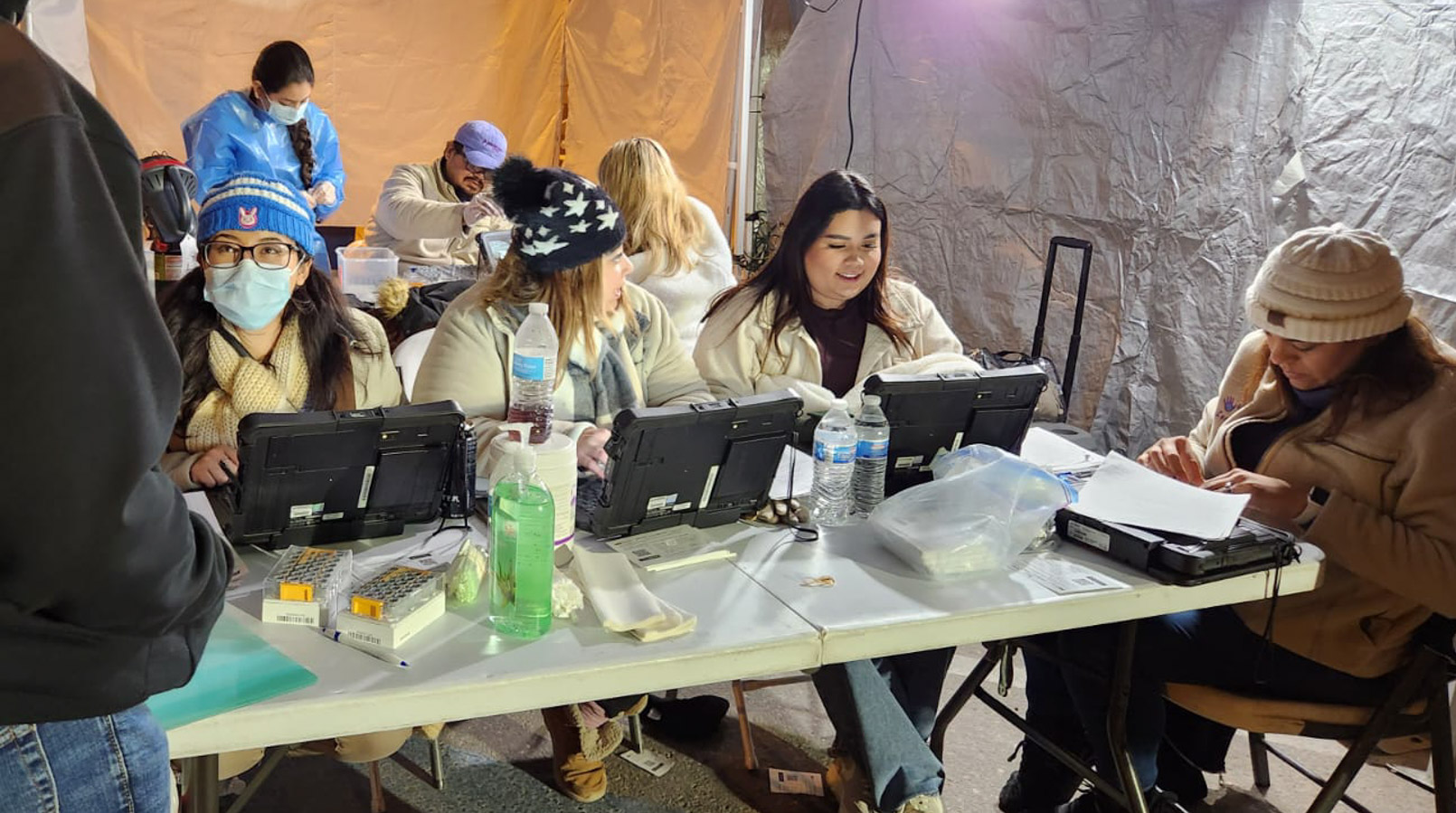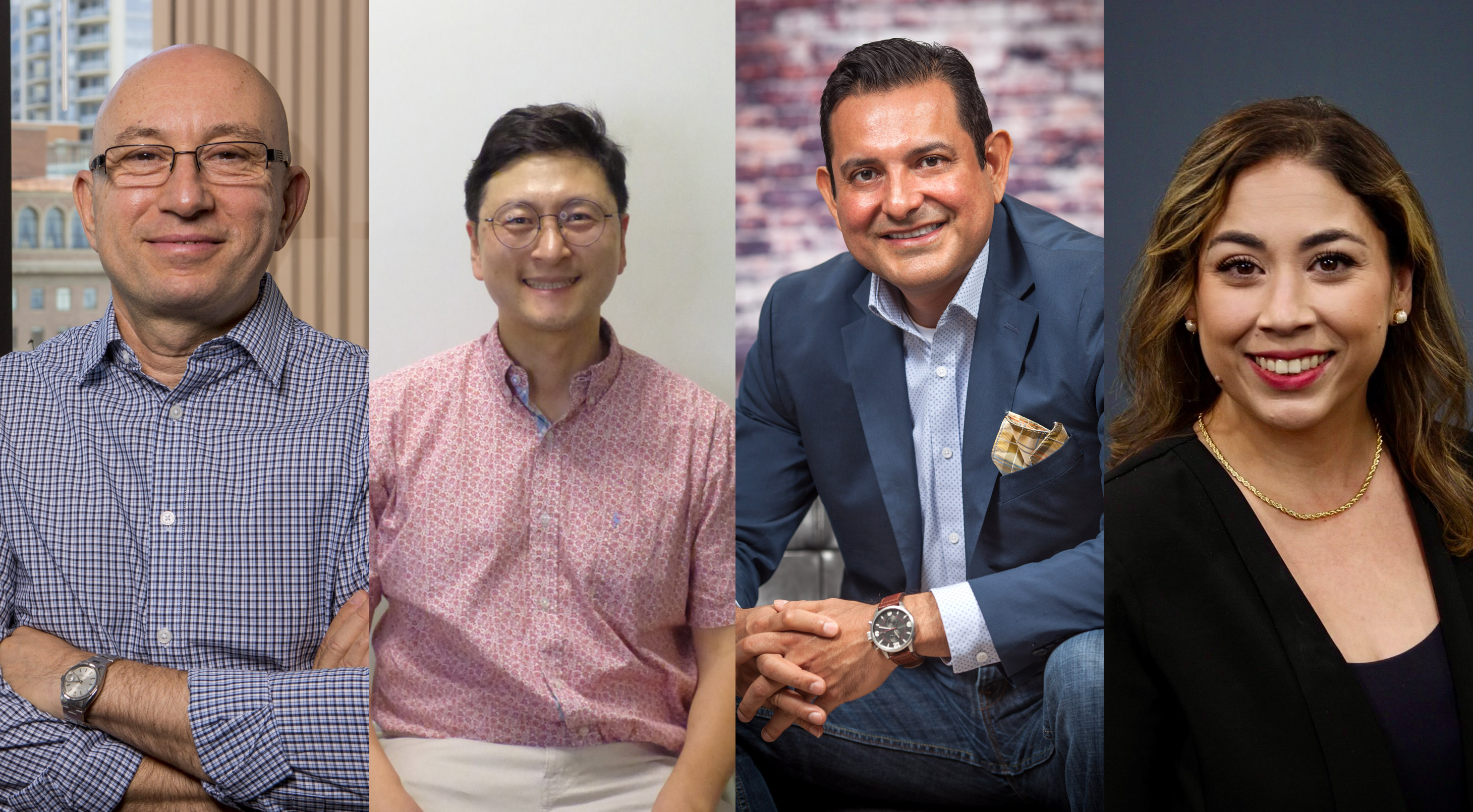
ASU researchers publish work on building partnerships to support vulnerable communities during COVID-19

Researchers Dr. Flavio F. Marsiglia, Dr. Hyunsung Oh, Tomás León, and Edny Gonzalez are proud to publish their findings on the RAPID intervention model in the American Journal of Public Health. This research article showcases the work of a strong partnership between ASU researchers and community partners: Equality Health Foundation (EHF) and Helping Families in Need (HFIN). Over the past four years, they have developed and implemented the RAPID model to offer testing and COVID-19 related services for vulnerable and underserved communities throughout Arizona.
The RAPID intervention, which stands for Respectful, Action-oriented, Proactive, Inclusive and Direct Resources, follows four phases which have been successfully implemented over 60 times by Community Health Workers (CHWs), servicing about 5,000 individuals across Arizona.
Phase 1: Communities are first identified through publicly available data that showcases a high positivity rate and lack of access to local testing services. To read more about how those communities are chosen, read this article.
Phase 2: Community partners, EHF and HFIN, collaborate with local partners (e.g., churches or social services) to promote and plan testing events.
Phase 3: The community is welcomed in and CHWs administer noninvasive saliva-based COVID-19 tests. The Biodesign Institute at ASU then analyzes the test samples and posts the results within 24-48 hours. To read more about RAPID testing events in rural Arizona, read this article.
Phase 4: CHWs then follow up with patients to ensure they receive their results and offer referrals for food and housing assistance among other social services and offer guidance through isolation periods.
The study found that the population favored by this testing model was 49% uninsured, 69% had a high school education or less, and 57% were surveyed in Spanish. The bilingual CHWs were an important resource in reaching underprivileged communities, offering vital support and resources.
The RAPID’s model provided a flexible framework with which CHWs were able to adapt to the community’s needs. Through a community partnership, they were able to better reach low socio-economic and primarily latinx communities in Arizona providing testing to over 5,000 individuals during the COVID-19 pandemic. This model and the work done by ASU researchers and community partners has been an important step in reaching vulnerable communities and has the potential to strengthen Arizona’s response to future public health crises.
To read the published article please visit this link.
For more details about the project, visit the project link:
Eliminating COVID-19 Disparities in Arizona in Partnership with Underserved/Vulnerable Communities
For news and information about the project, please visit these articles:
GCAHR visits Yuma County to provide much needed COVID-19 testing
First underserved population identified for ASU to administer COVID-19 tests